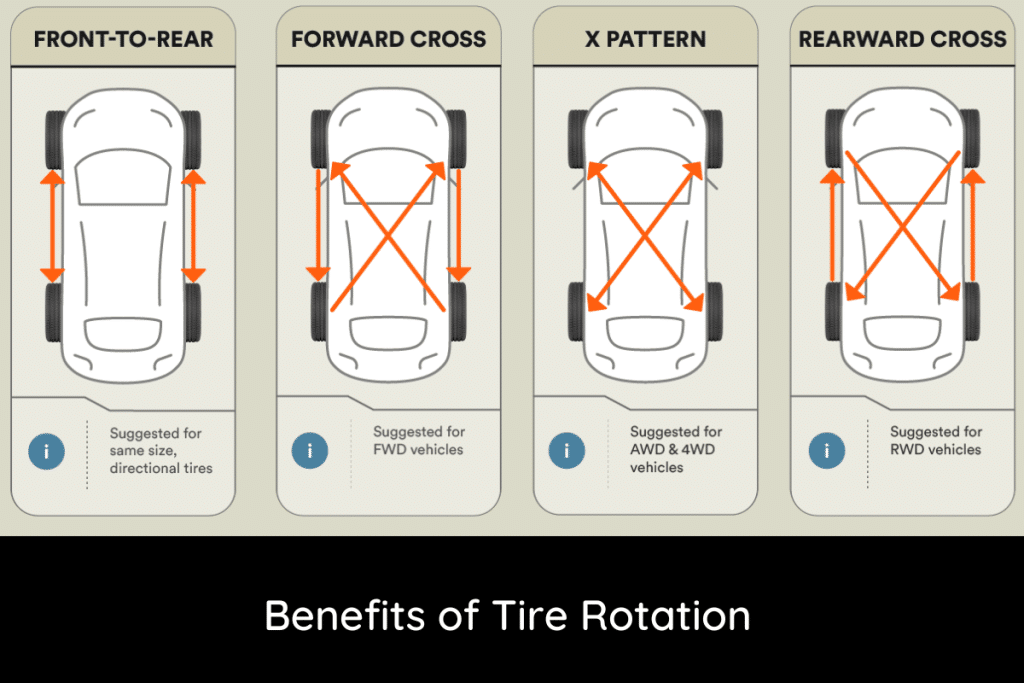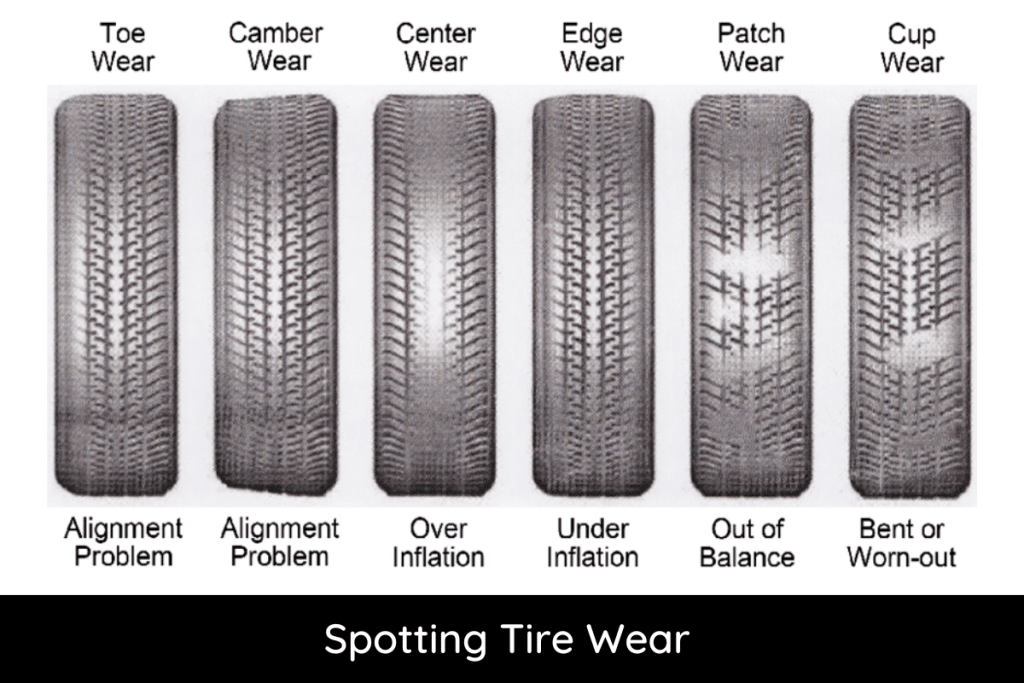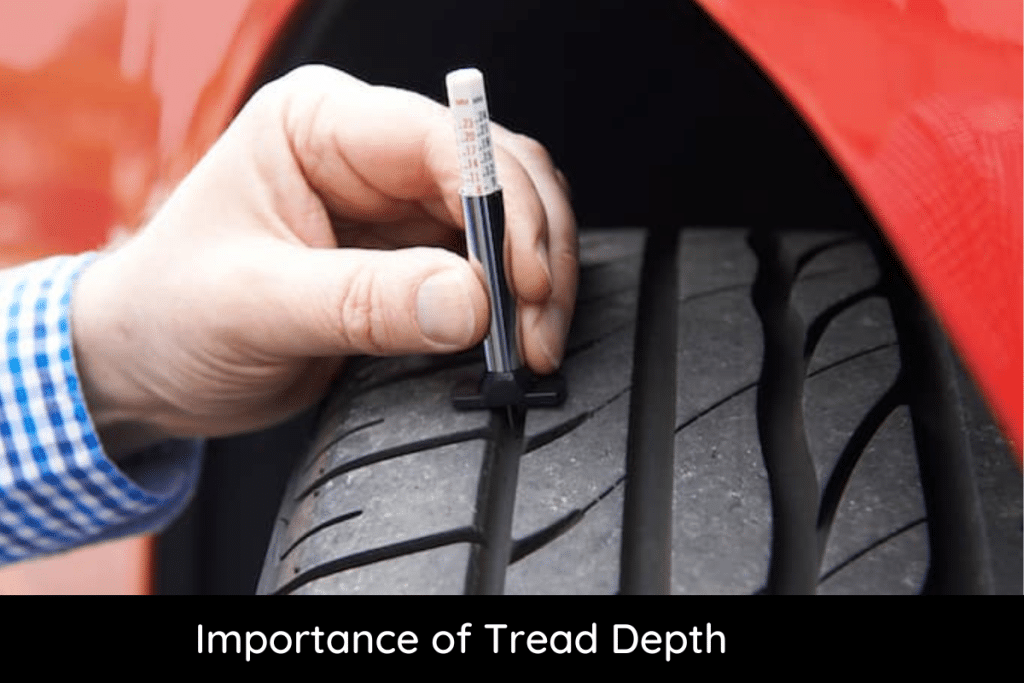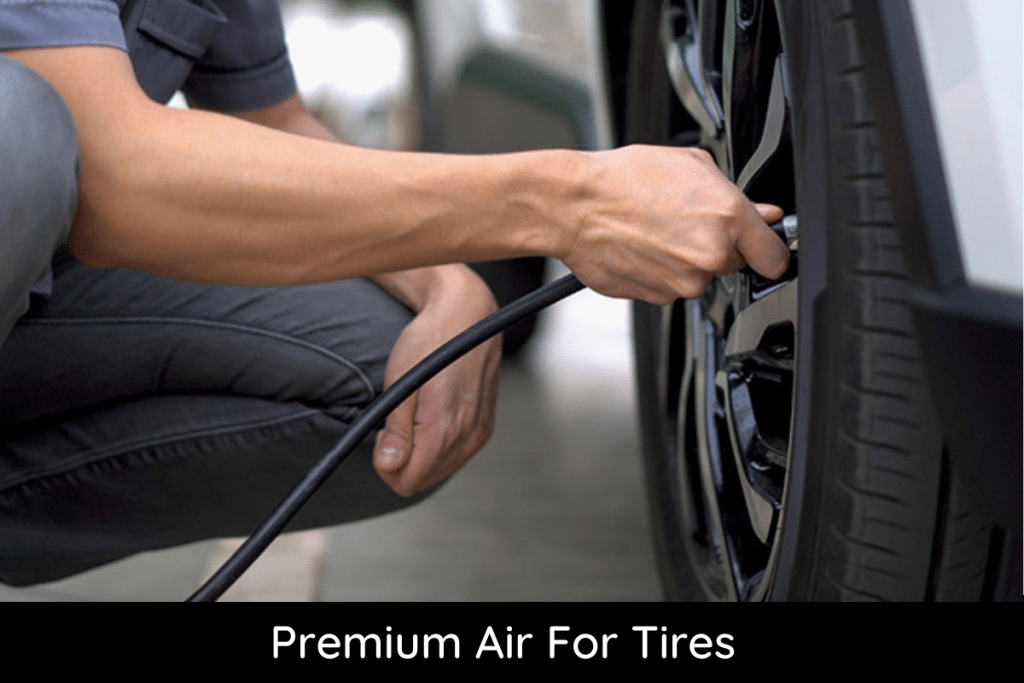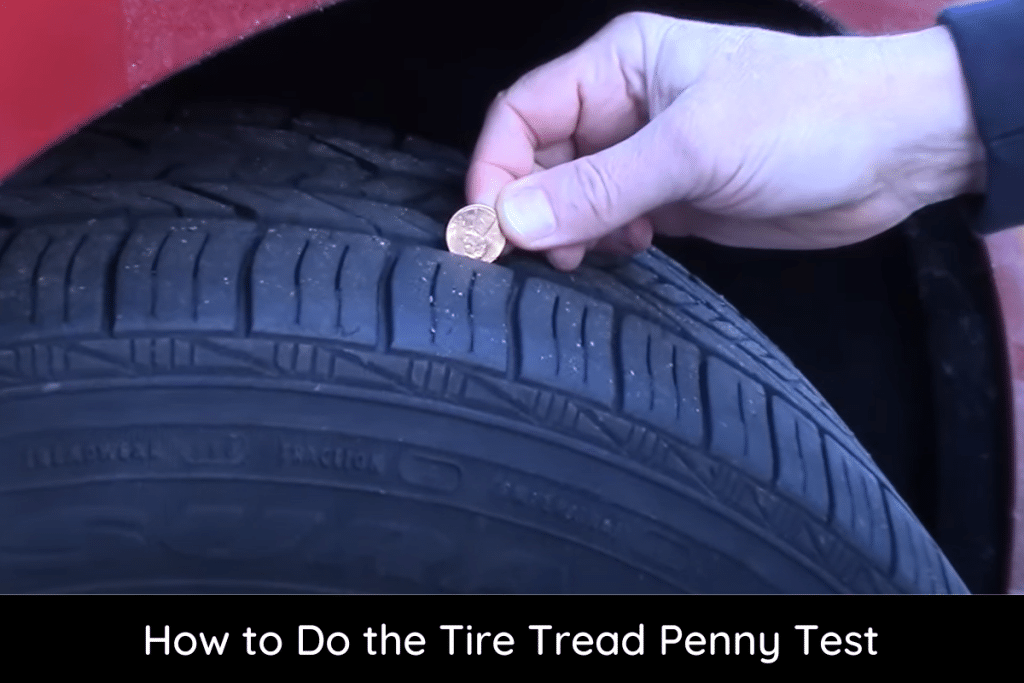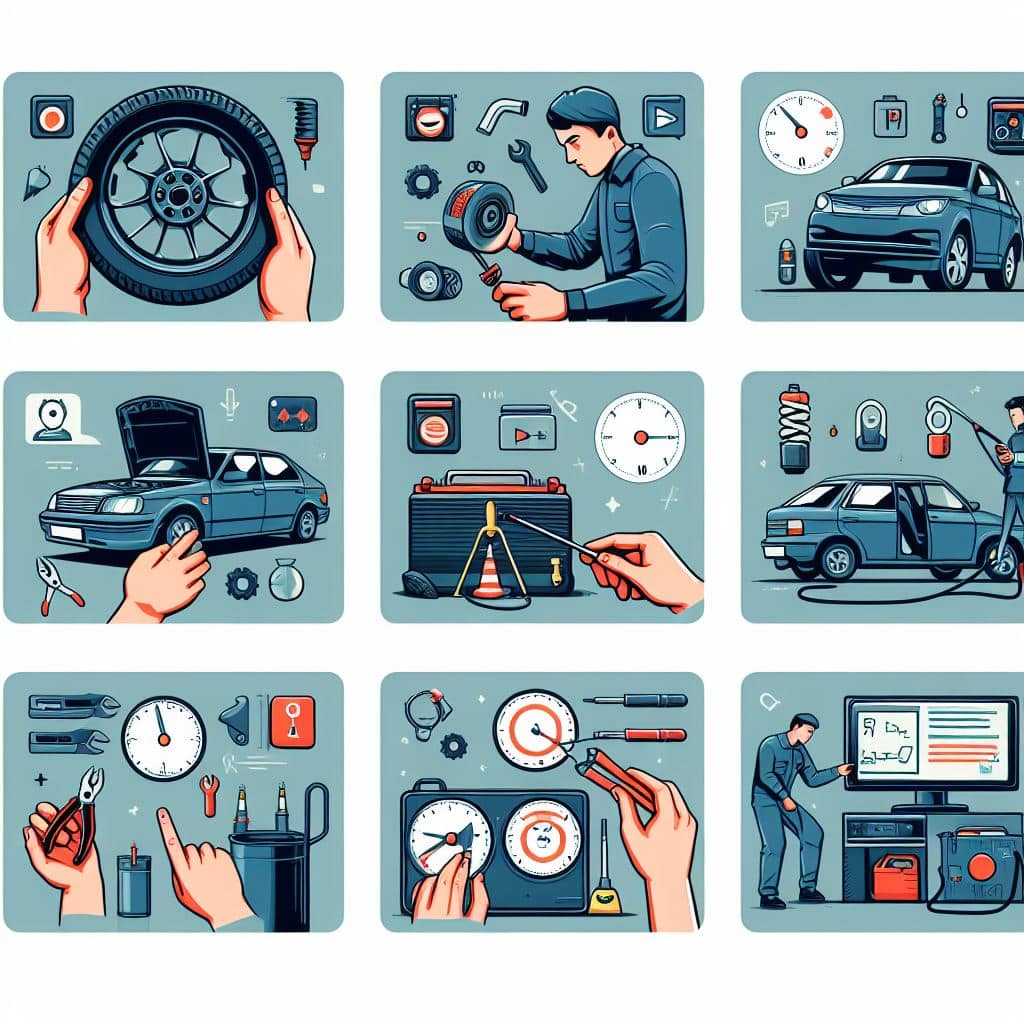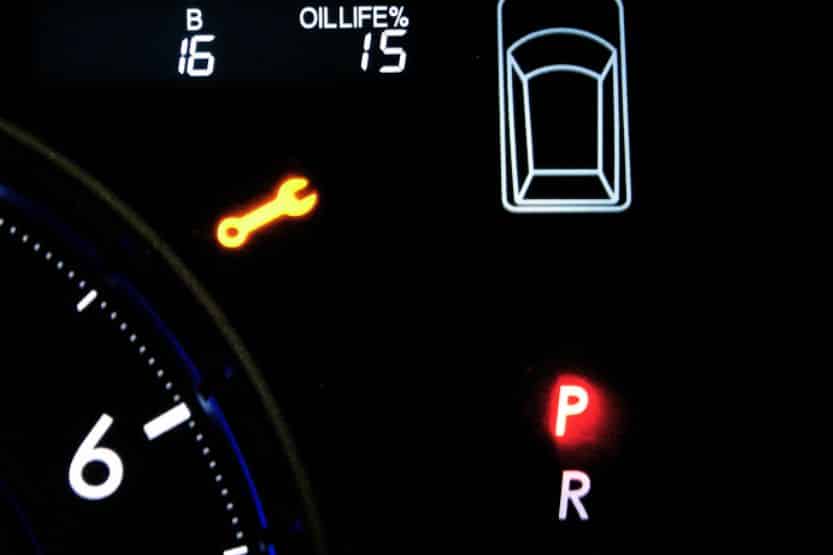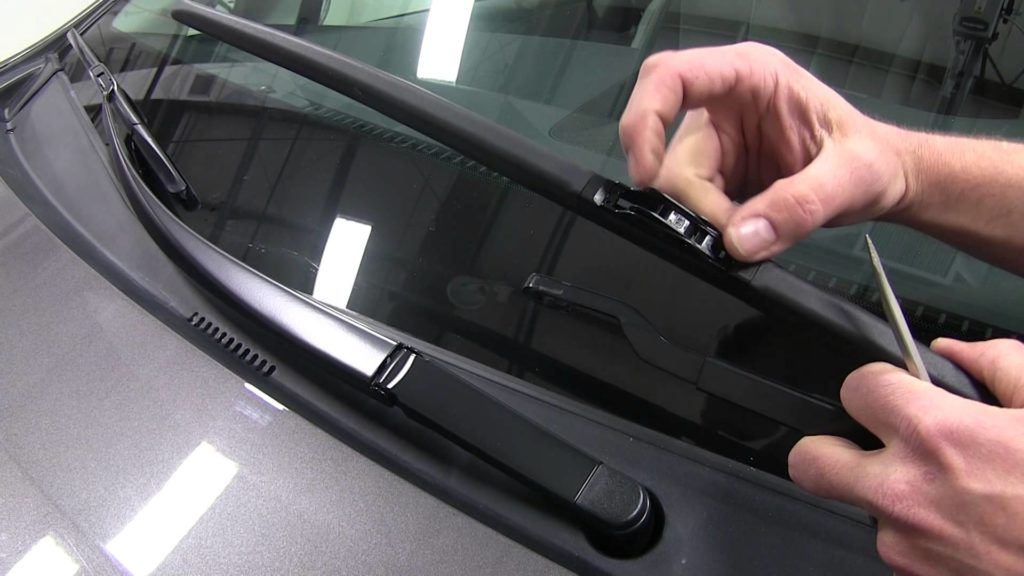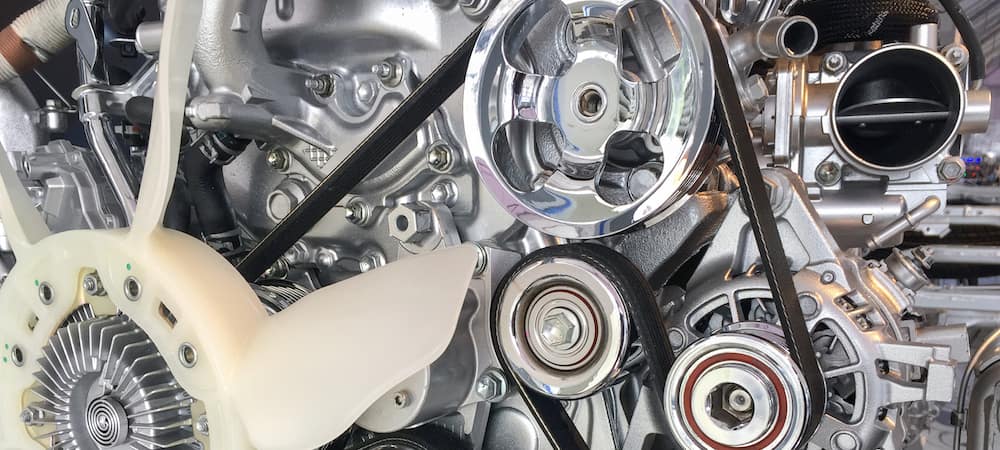There is a lot of debate surrounding the topic of cold air intakes and fuel economy. Some people swear by them, saying they have seen a noticeable increase in their car’s MPG after installing a cold air intake. Others say that this is nothing more than a myth and that there is no real benefit to be had from using one. So, what’s the truth? Does a cold air intake really improve your car’s MPG?
Does Cold Air Intake Improve Gas Mileage?
The short answer is: yes, but not that much. A few factors can affect how much of an improvement you might see in your gas mileage after installing a cold air intake. Let’s look at some things that can influence the results you may get from using a CAI.
First, it’s essential to understand how a cold air intake works. A CAI does not increase the amount of oxygen that is entering your engine. Instead, it changes where the air is coming from. Most cars have their air filter inside the engine bay, which sucks in hot air from around the engine. This hot air is funneled into the cylinders, mixing with fuel and igniting. A cold air intake moves the air filter’s location outside of the engine bay and into a cooler area, such as behind the front bumper. This allows your engine to suck in cooler, denser air, resulting in more power and better fuel economy.
Of course, there are a few other things that you need to take into consideration before you can expect to see an improvement in your MPG.
One thing that will affect how much your cold air intake helps with gas mileage is the climate you live in. If you live in an area with hot weather, then your car’s engine is already getting plenty of cool air, and a CAI might not make much of a difference.
However, if you live in a warmer climate, then a CAI can help your engine run more efficiently by providing denser, cooler air.
Another important thing is your driving habit. If you’re the type of person who likes to put the pedal to the floor and race everywhere, then you probably won’t see much of an improvement in your gas mileage after installing a cold air intake. But if you have a more moderate driving style, then a cold air intake can help your car run more efficiently and get better gas mileage.
The bottom line is this: does a cold air intake improve MPG? Yes, but usually only by a small margin.
What Does A Cold Air Intake Do To Gas Mileage?
In general, it improves power and efficiency, and hobby vehicles improve the vehicle’s power and fuel economy.
Of course, other factors can affect your car’s MPG, such as driving habits and vehicle condition. But if you’re looking for a simple way to slightly improve your car’s fuel economy, then installing a cold air intake is a good place to start. Just don’t expect miracles – a CAI is not going to double your car’s MPG overnight!
How Much MPG Does A Cold Air Intake Add?
The amount of MPG you can expect to gain from a cold air intake will vary depending on the factors we just discussed. In general, you can expect an increase of around five to ten percent in your car’s fuel economy, and these changes are inversely proportional.
So, if you’re averaging 20 MPG, then you might see an increase of up to 23 MPG after installing a cold air intake. Of course, this is just a rough estimate, and your results may vary.

Benefits Of A Cold Air Intake
Now that we’ve answered the question, “does a cold air intake improve MPG?”, let’s look at some of the other benefits of using a CAI.
As we mentioned before, one of the main benefits of a cold air intake is that it allows your engine to run more efficiently. But there are other advantages as well, such as:
Improved Performance: A CAI can increase your car’s horsepower and torque by providing denser, cooler air to the engine. This can lead to better acceleration and overall performance.
Better Sound: Many people enjoy the deep, throaty sound that a CAI adds to their car’s exhaust note. If you’re looking to add a little growl to your car’s engine, then a CAI is a good way to do it.
Improved Engine Life: By providing denser, cooler air to the engine, a CAI can help extend its lifespan by reducing wear and tear.
Improved Fuel Economy: As we mentioned before, one of the main benefits of a CAI is that it can slightly improve your car’s fuel economy. So if you’re looking to save a few bucks at the pump, then a cold air intake might be worth considering.
As you can see, there are several benefits to using a cold air intake.
Reasons For Not Buying A Cold Air Intake
Your regular car is designed by engineers, and the airflow that goes through the normal air box was carefully designed to work with the mass airflow sensor to make your car run as best as it possibly can. If you bypass that system, take out the plastic air box and put in one of these cold air flow systems, what happens is often the check engine light will come on, and that’s because modifying your airflow that way often will make the car pollutes more than it’s supposed to, turns your check engine light on, can’t get your car inspected, and over the course of time, it will actually run worse.
Cold air intake changes how your car sucks air in, which then confuses the computer, which thinks you have the factory air box in it and you’re getting a certain type of flow. Now you’re getting a different flow, and different air temperatures, and it’s going to confuse the computer in your car. Really good professional mechanics can reprogram your computer to accept this, but they need a dynamometer and a five-gas analyzer, and they got to know how to reprogram computers.
If you find someone who can do all that work for you, it’s not going to be cheap. If the car is newer, the work will void all the warranties on the car.
Tips for Increasing Your Vehicle’s Fuel Economy
If you’re looking for ways to improve your car’s fuel economy, then here are a few tips:
- Drive sensibly: One of the best ways to improve your MPG is to simply drive sensibly. Avoiding hard acceleration, braking, and idling will help you get better gas mileage.
- Keep your tires inflated: Properly inflated tires can improve your MPG by up to three percent. So make sure you check your tire pressure regularly!
- Remove unnecessary weight: extra weight in your car can lead to decreased fuel economy. So if you have any unnecessary items in your trunk or backseat, remove them!
- Get regular tune-ups: Making sure your car is running properly is one of the best ways to improve its fuel economy. So get regular tune-ups and oil changes to keep your car in tip-top shape.
Following these tips can help you improve your car’s MPG, even without a cold air intake.
Does A K&N Filter Improve Gas Mileage?
K&N filters are a type of cold air intake that can improve your car’s MPG by providing cooler air to the engine. In general, you can expect an increase of around five to ten percent in your car’s fuel economy when using a K&N filter.
There are other benefits of using a K&N filter as well, such as improved performance and engine life. So if you’re looking for a way to slightly improve your car’s MPG, then installing a K&N filter is a good place to start. Just don’t expect miracles!
Are Cold Air Intakes Worth It?
Whether or not a cold air intake is worth it depends on your circumstances. Everything depends on the displacement of the engine and its fuel consumption. The larger the engine, the greater the positive effect that can be achieved.
For example, if you have a four-cylinder engine averaging 28 MPG, cold air intake will only add 2-3 additional MPG. In this case, installing a cold air intake might not be worth the money.
However, installing a CAI might be worth the money if you have a V8 engine averaging 18 MPG. Especially for some people who do a lot of driving.
In the end, it’s up to you to decide whether or not a cold air intake is worth it for your car. Consider your car and your needs, and think about how much of an improvement you can realistically expect before making your decision.


